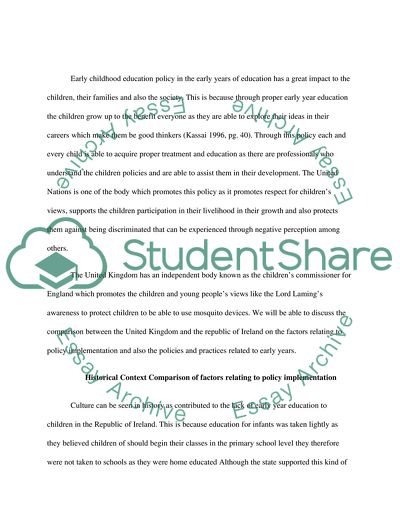Cite this document
(The United Kingdom and the Republic of Ireland Early Childhood Research Paper, n.d.)
The United Kingdom and the Republic of Ireland Early Childhood Research Paper. Retrieved from https://studentshare.org/education/1790954-policy-and-practice-in-early-years-education-year-3
The United Kingdom and the Republic of Ireland Early Childhood Research Paper. Retrieved from https://studentshare.org/education/1790954-policy-and-practice-in-early-years-education-year-3
(The United Kingdom and the Republic of Ireland Early Childhood Research Paper)
The United Kingdom and the Republic of Ireland Early Childhood Research Paper. https://studentshare.org/education/1790954-policy-and-practice-in-early-years-education-year-3.
The United Kingdom and the Republic of Ireland Early Childhood Research Paper. https://studentshare.org/education/1790954-policy-and-practice-in-early-years-education-year-3.
“The United Kingdom and the Republic of Ireland Early Childhood Research Paper”, n.d. https://studentshare.org/education/1790954-policy-and-practice-in-early-years-education-year-3.


